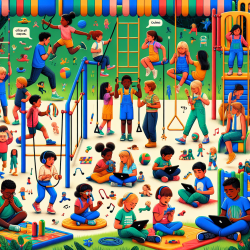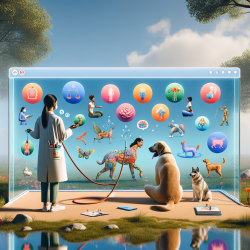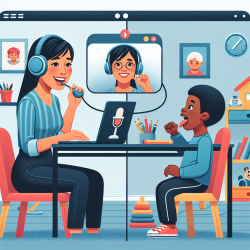Introduction
As practitioners dedicated to improving children's outcomes, we constantly seek innovative approaches that are backed by solid research. The PLAYground Project offers a compelling curriculum that enhances children's physical, social, and emotional health through structured play. This blog delves into the project's findings and how they can be leveraged to enrich after-school programs.
The PLAYground Project: An Overview
The PLAYground Project, a cluster-randomized controlled trial, explores the impact of an after-school playground curriculum on children's health. By integrating the PlayOn!® curriculum, the project aims to promote active and inclusive play, fostering improvements in physical activity, social interactions, and emotional well-being.
Key Findings
- Physical Activity: The curriculum significantly increased moderate-to-vigorous physical activity (MVPA) among children, reducing sedentary time and promoting healthier lifestyles.
- Social and Emotional Health: Children demonstrated improved conflict resolution skills, empathy, and peer relationships, contributing to a positive school environment.
- Behavioral Improvements: Schools implementing the curriculum reported fewer behavioral incidents, indicating enhanced self-regulation and social competence among students.
Implementing the Findings
For practitioners aiming to replicate these outcomes, consider the following strategies:
- Adopt the PlayOn!® Curriculum: Integrate structured play activities into your after-school programs to promote physical activity and social skills.
- Train Staff and Peer Leaders: Provide training for after-school staff and students to facilitate activities and extend learning to recess settings.
- Monitor and Evaluate: Regularly assess the program's impact on physical activity levels and social-emotional health to ensure fidelity and sustainability.
Encouraging Further Research
While the PLAYground Project provides valuable insights, ongoing research is crucial to refine and adapt the curriculum for diverse educational settings. Practitioners are encouraged to collaborate with researchers to explore new methodologies and share findings.
Conclusion
By implementing the PLAYground Project's curriculum, practitioners can create enriching after-school environments that support children's holistic development. These strategies not only enhance physical health but also cultivate essential social and emotional skills, preparing children for lifelong success.
To read the original research paper, please follow this link: A cluster randomized controlled trial of an after-school playground curriculum intervention to improve children’s physical, social, and emotional health: study protocol for the PLAYground project.










